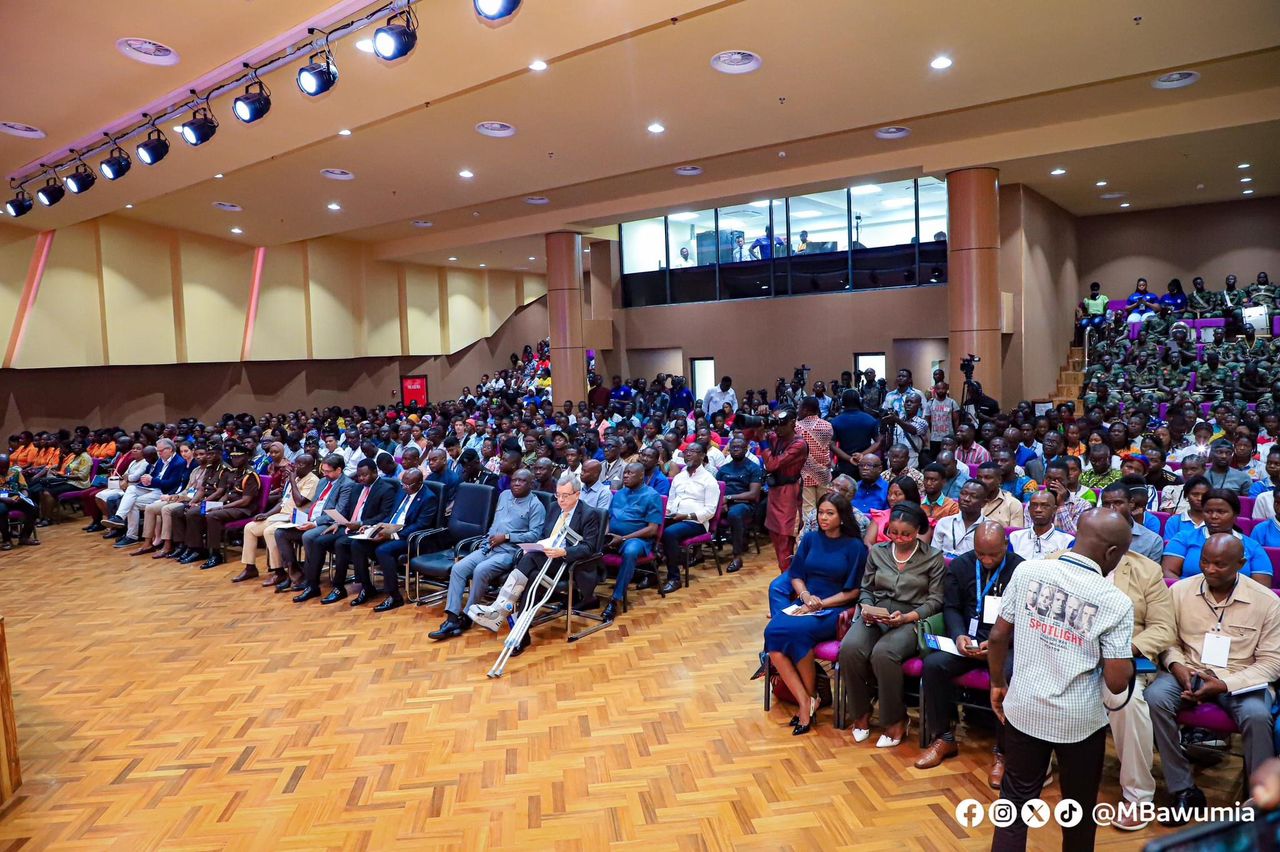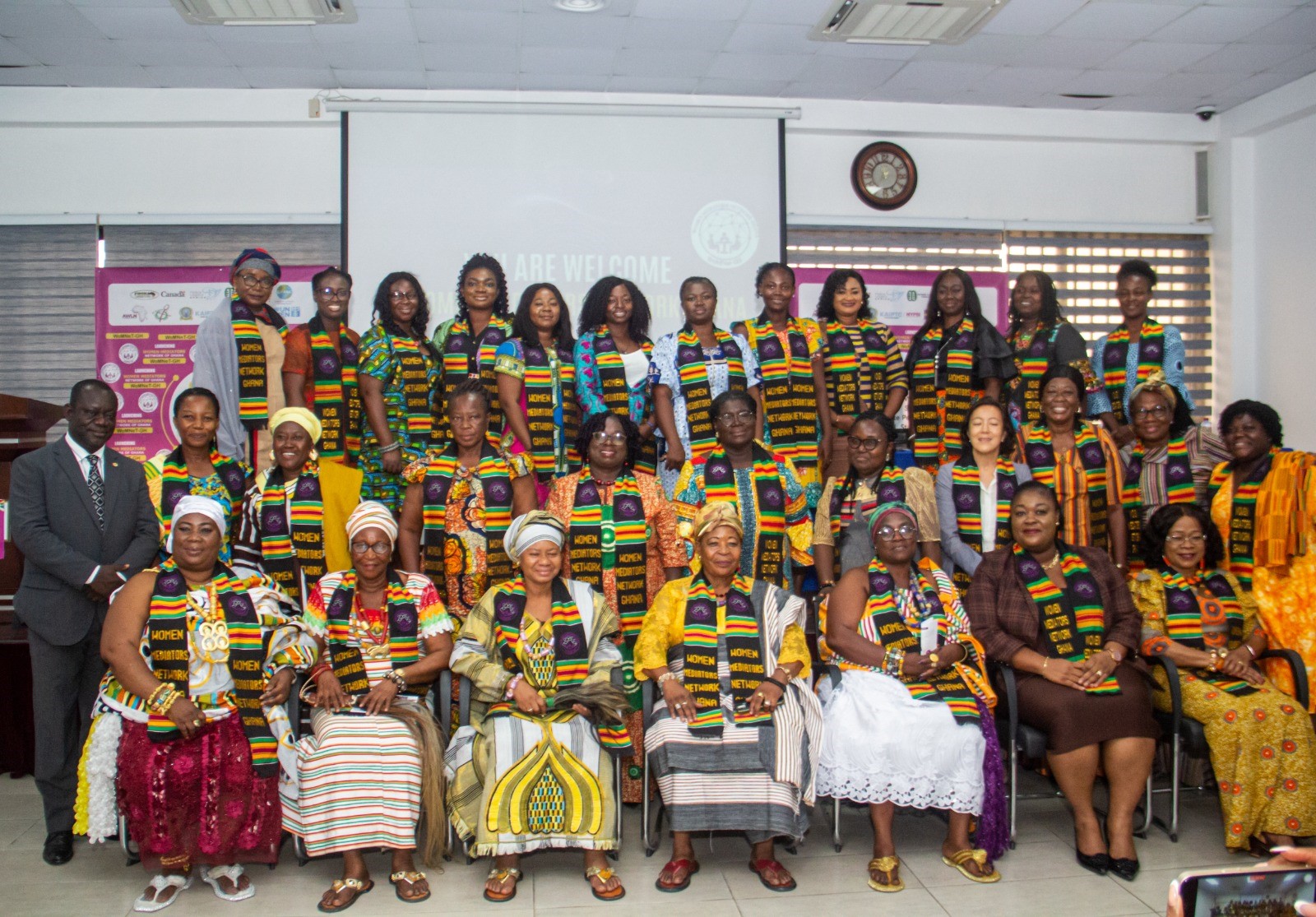
The first ever comprehensive Building Code for Ghana, GS1207: 2018, has been launched in Accra.
It sets out requirements and recommendations for efficiency standards for Residential and Non-Residential buildings and covers planning, management and practices in the construction of buildings.
It also covers the smooth and safe operation of the building and construction industry such as Occupancy Classification and Use, Site Development and Land Use, General Building Heights and Areas.
Launching the Code, Vice President Mahamudu Bawumia was happy that after decades of efforts, a standard document to regulate the activities of the building and construction industry had been produced.
This achievement, he said would bring to an end, the virtual 'free-for-all' in the building and construction industry and set standards to ensure that Ghana's building environment is safe and meets international standards.
"Today is a very significant day in the annals of the history of this country. For the first time ever, through the collaborative efforts of different agencies, Ghana has a comprehensive Building Code. The Ghana Building Code, GS1207 of 2018 is a document that is long overdue but which has finally been delivered."
Vice President Bawumia described the code as a key component of the Nana Akufo-Addo government's determination to formalize the Ghanaian economy and ensure Value for Money in public construction works.
"Building Codes are critically important in all countries. They specify the requirements needed for all aspects of building and construction. They also ensure value for money by providing a yardstick against which all construction-related procurement can be measured. In this regard, I will like to emphasize that the Ghana Building Code being launched today should be a game-changer as far as ensuring Value-For-Money in public construction in Ghana," he stated.
Others include types of Construction, Fire and Smoke Protection Features, Interior Furnishes, Energy Efficiency and Sustainability, Soils and Foundations, Electrical Systems and Allied Installations, Plumbing Systems, Lift and Conveying Systems, Safeguards during Construction and Green Building Requirements.
After the gazetting of the Code, Vice President Bawumia pointed out that all materials used in construction, buildings, schools, roads, hospitals and all types of public construction works must be in line with the standards specified in the Code. This would make it possible to have fairly accurate and uniform costs for all types of construction in the country, and provide safety guarantees.
"This is definitely expected to provide satisfactory costs for construction projects and ensure achievement of Value for Money. The Ghana Building Code will make Ghana safer. With the launching of the Code and the passing of the necessary legislation, we can provide relief to the people of Ghana from collapsing buildings as well as assuring the safety of private, public and industrial buildings."
To ensure its widespread adoption and use, all local government authorities and training institutions will be provided with copies, while the soft copy is made available online by the Ghana Standards Authority. Hard copies will also be available for purchase at the offices of the GSA, Vice President Bawumia announced.
The Vice President expressed Government's appreciation to the 22-member Technical Team which worked on the Code, drawn from the Ministry of Works and Housing, Ministry of Trade and Industry, Ghana Institution of Engineers, Surveyors and Institute of Architects, Building and Road Research Institute (BRRI) of the CSIR, and the Ghana Standards Authority.
"I would like in particular to praise the hard work of the BRRI for coming up with the first portions of a Building Code as far back as 1988. The Ghana Building Code was put together by the BRRI in 1988, and has been reviewed by all stakeholders".
Read Full Story






















Facebook
Twitter
Pinterest
Instagram
Google+
YouTube
LinkedIn
RSS